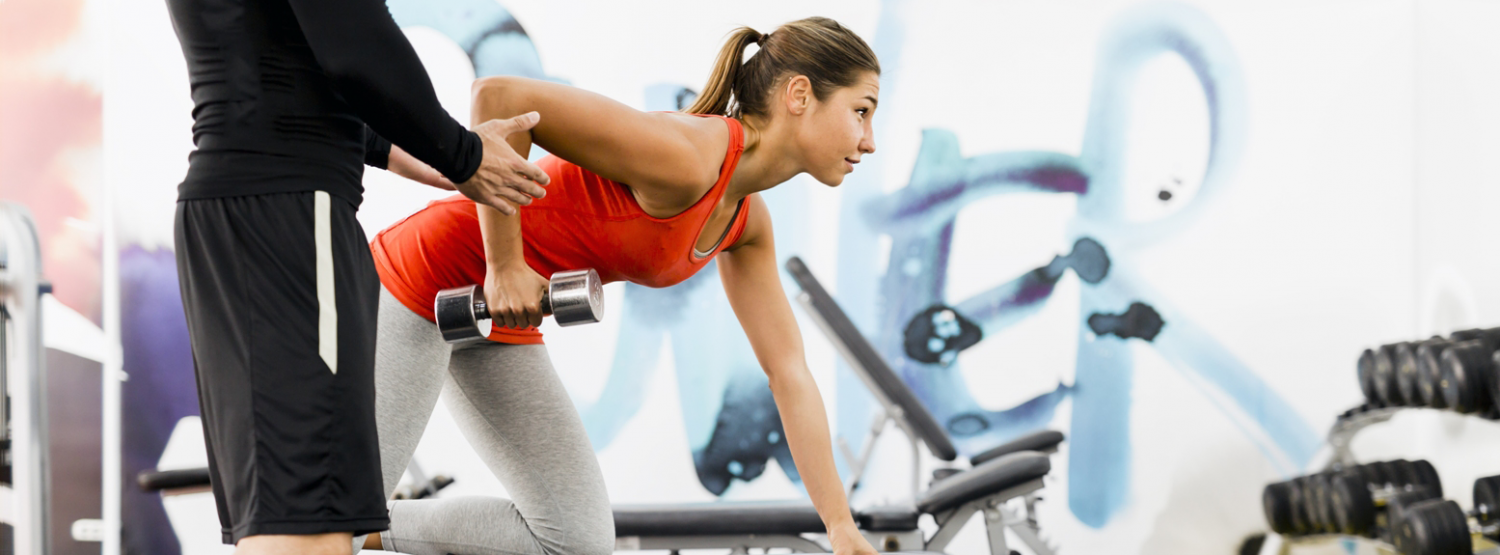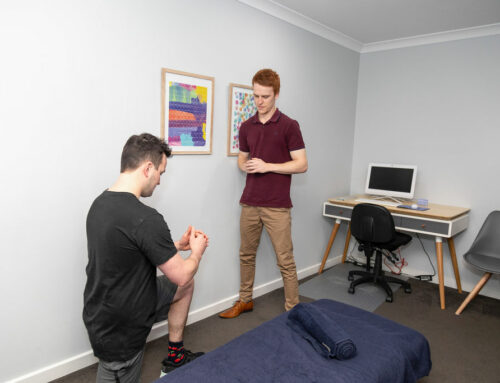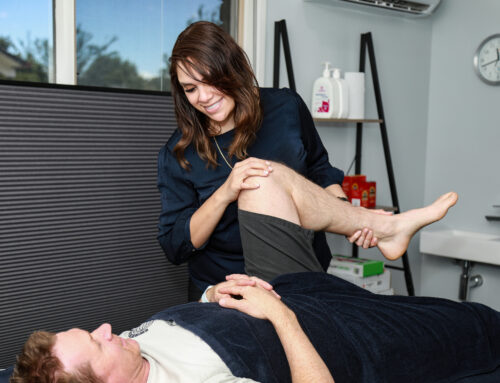It’s something all of us have or will experience in our lifetime. Don’t get me wrong, we need a degree of stress in our lives; it protects us. Think of coming face-to-face with a lion or a tiger. What would happen if we didn’t have a stress or ‘fight or flight’ response? The trouble is, it’s not often that we find ourselves in a 1 on 1 with a lion during our regular 9-5. Often we find ourselves stressing about minor, insignificant events. Whether it be the weather, traffic, work or even our favourite sports team underperforming (I’m looking at you, Melbourne). All of this mounts up.
So why is an osteopath rambling about stress? Well we know that stress affects more than just our minds. It affects our body in many ways and the hormones involved may be associated with chronic pain (1). So it makes sense that if we can minimise our stress levels, we can live healthier and happier lives.
So how do I do this?
There are plenty of ways to tackle stress and below are just a few that we can all easily implement into our daily routine. It’s important to remember that, as with any injury or gym program, change takes time and it can occur at different rates for everyone. The same applies with reducing your stress levels.
Drink water & enjoy a balanced diet
This one speaks for itself. It’s important to eat a healthy diet, but it’s also important to enjoy the food you’re eating. Restricting yourself too much can lead to undue stress and binge eating later down the track.
As for drinking water, the average adult water consumption is estimated to be around 1-1.5L per day which may sound like a reasonable amount, but not when you consider that the average adult loses at least 2.5-3L throughout a regular day.
There’s no hard and fast recommendation for water intake but the BetterHealth Channel website suggests that males should be consuming 2.6L and females 2.1L. Our team at Pakenham Osteopathy recently completed a health challenge where we were asked to drink at least 1 glass of water for every hour we spent at work and the effects were surprising! Give it a go yourself!
 Exercise
Exercise
Whether it’s going for a walk, jog, hitting the gym or throwing a few haymakers at a punching bag, exercise can have a dramatic effect on our overall physical and mental wellbeing.
The Australian guidelines recommend at least 60 minutes of moderate-vigorous intensity physical activity everyday for individuals aged 5-17 years. For adults aged 18-64, the guidelines suggest accumulating 150-300 minutes of moderate intensity physical activity or 75-150 minutes of vigorous intensity activity each week. More information about these guidelines can be found at: https://www.health.gov.au/internet/main/publishing.nsf/Content/health-pubhlth-strateg-phys-act-guidelines.
Mindfulness or meditation
I know what you might be thinking – I’m not asking you to sit cross legged on the top of a mountain and hum (although if you’re interested in that type of thing, go for it!). Meditation isn’t for everyone, but it can be a great option to lower your stress levels or at the very least, enjoy some time to yourself.
There are some great applications out there that can help you get started including the Smiling Mind app which is completely free and can be tailored to your specific needs – whether it be general wellbeing, eating better, sleeping better or even exercising more.
Address the big things before the little things
Prioritise the things in your life that mean the most to you and the tasks that are the most time-sensitive. If you have a big project for work coming up, avoid procrastinating and get it done! The Asana task manager application offers a simple way to keep track of all your tasks if you find the old pen and paper isn’t cutting it anymore.
 Sleep
Sleep
This one is a big one – so big in fact that it deserves its own blog piece, which your friendly neighbourhood osteopath Tom Gubbins kindly took care of last week!
If you have any questions or require any further information, please don’t hesitate to get in touch via email at darren@pakenhamosteopathy.com.au or call the clinic on 5941 4157.
References
- Hannibal, K. E., & Bishop, M. D. (2014). Chronic stress, cortisol dysfunction, and pain: a psychoneuroendocrine rationale for stress management in pain rehabilitation. Physical therapy, 94(12), 1816-1825. https://www.ncbi.nlm.nih.gov/pmc/articles/PMC4263906/

 Exercise
Exercise Sleep
Sleep



